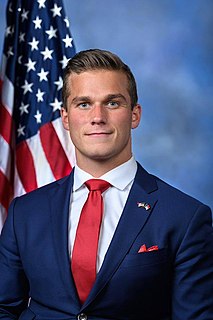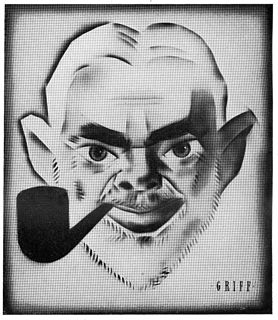A Quote by Paul Ryan
Freedom of religion is a fundamental Constitutional principle. It's a founding principle of this country.
Related Quotes
The fundamental flaw in Social Security and Medicare is that they violate the 'welfare principle' in economics. The welfare principle forms the fundamental basis of all charitable work in churches and other private organizations: assist those who need help, and equally important, don't assist individuals who can take care of themselves.
The principle itself of dogmatic religion, dogmatic morality, dogmatic philosophy, is what requires to be rooted out; not any particular manifestation of that principle. The very corner-stone of an education intended to form great minds, must be the recognition of the principle, that the object is to call forth the greatest possible quantity of intellectual power, and to inspire the intensest love of truth.
That which the people called Quakers lay down as a main fundamental in religion is this- That God, through Christ, hath placed a principle in every man, to inform him of his duty, and to enable him to do it; and that those that live up to this principle are the people of God, and those that live in disobedience to it, are not God's people, whatever name they may bear, or profession they may make of religion. This is their ancient, first, and standing testimony: with this they began, and this they bore, and do bear to the world.
Is the appointment of Chaplains to the two Houses of Congress consistent with the Constitution, and with the pure principle of religious freedom? In strictness the answer on both points must be in the negative. The Constitution of the U. S. forbids everything like an establishment of a national religion. The law appointing Chaplains establishes a religious worship for the national representatives, to be performed by Ministers of religion, elected by a majority of them, and these are to be paid out of the national taxes. Does this not involve the principle of a national establishment ... ?

































